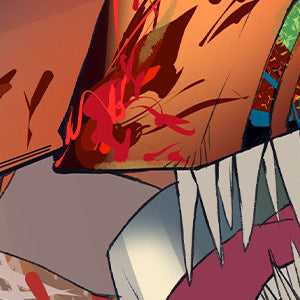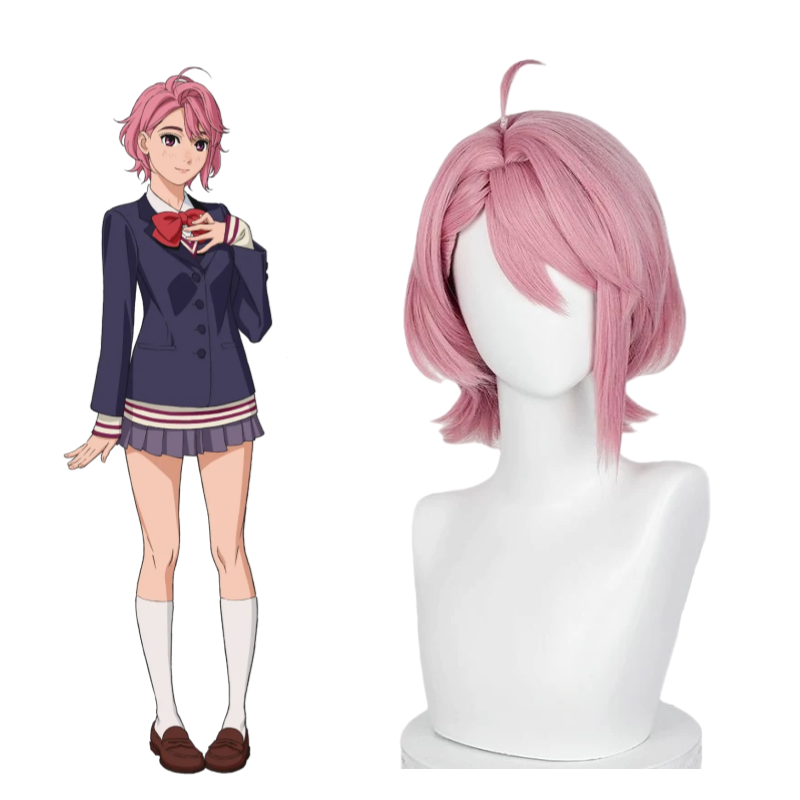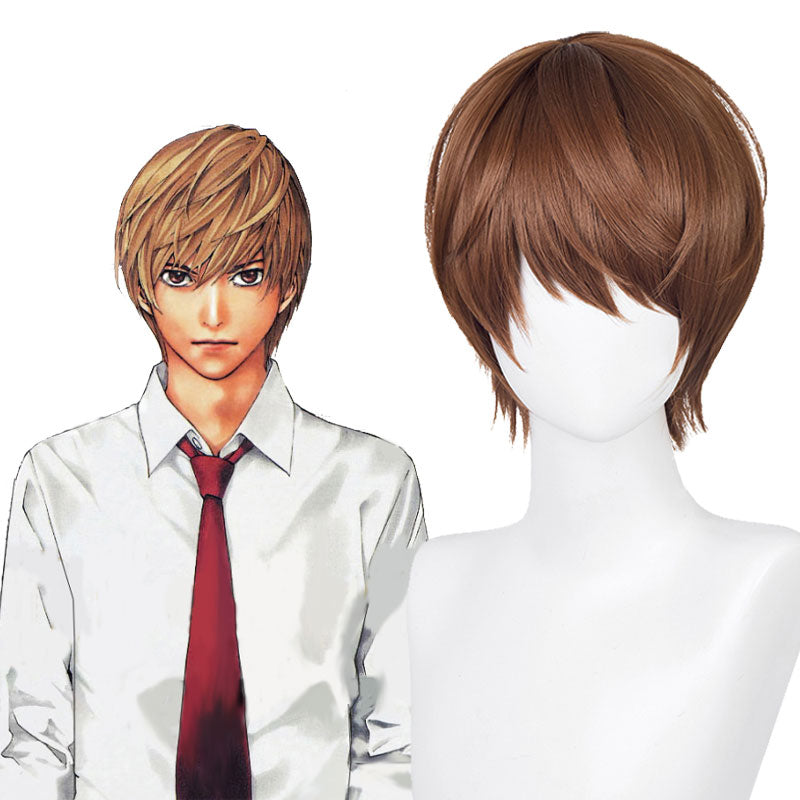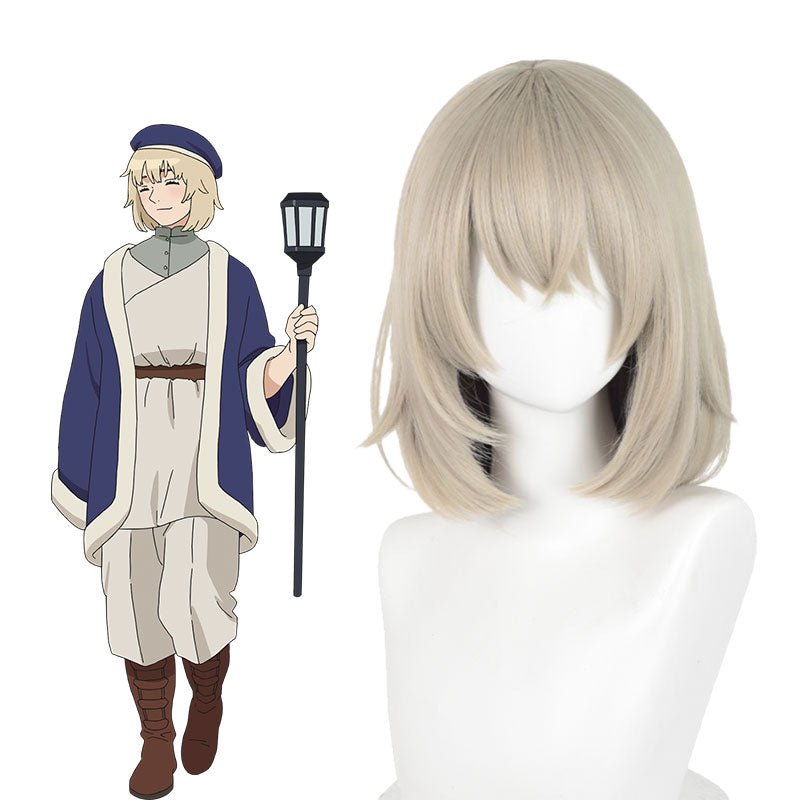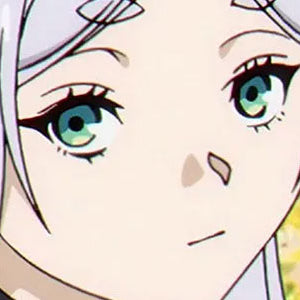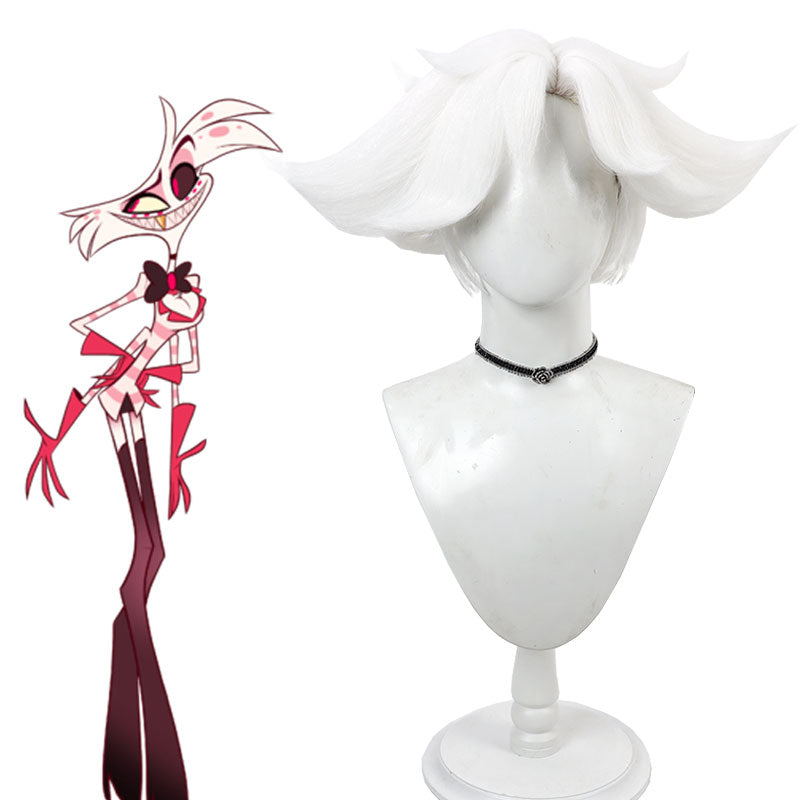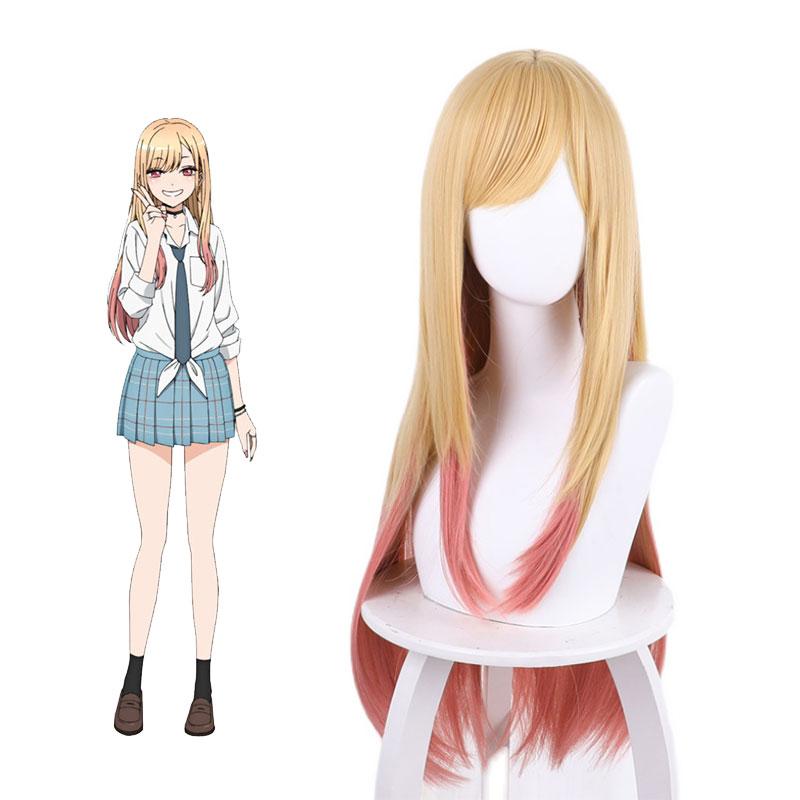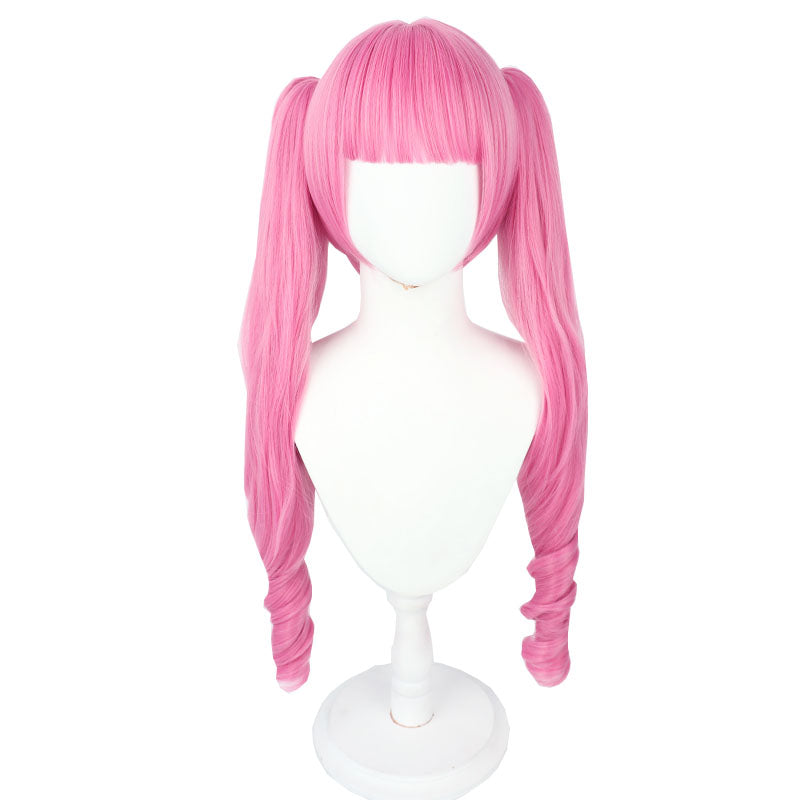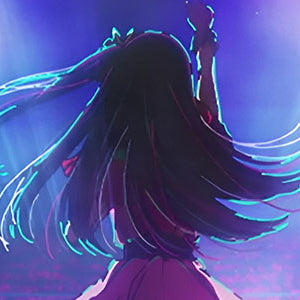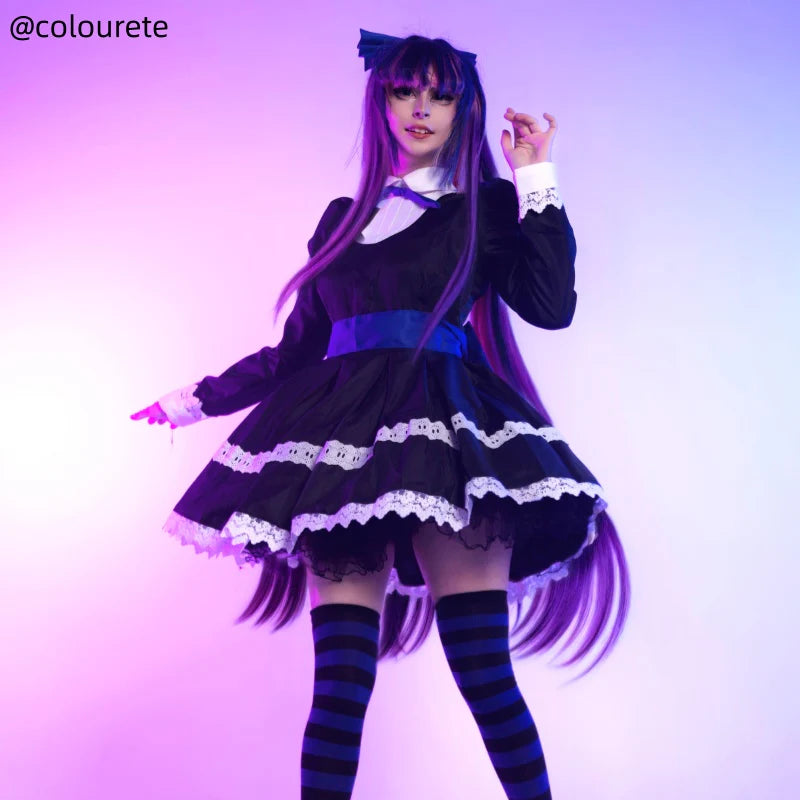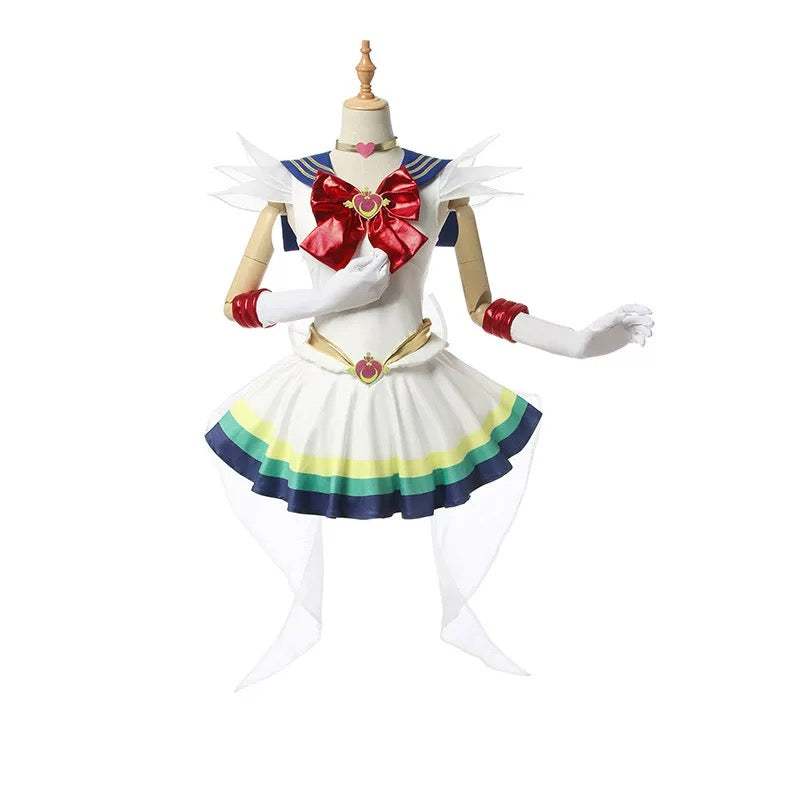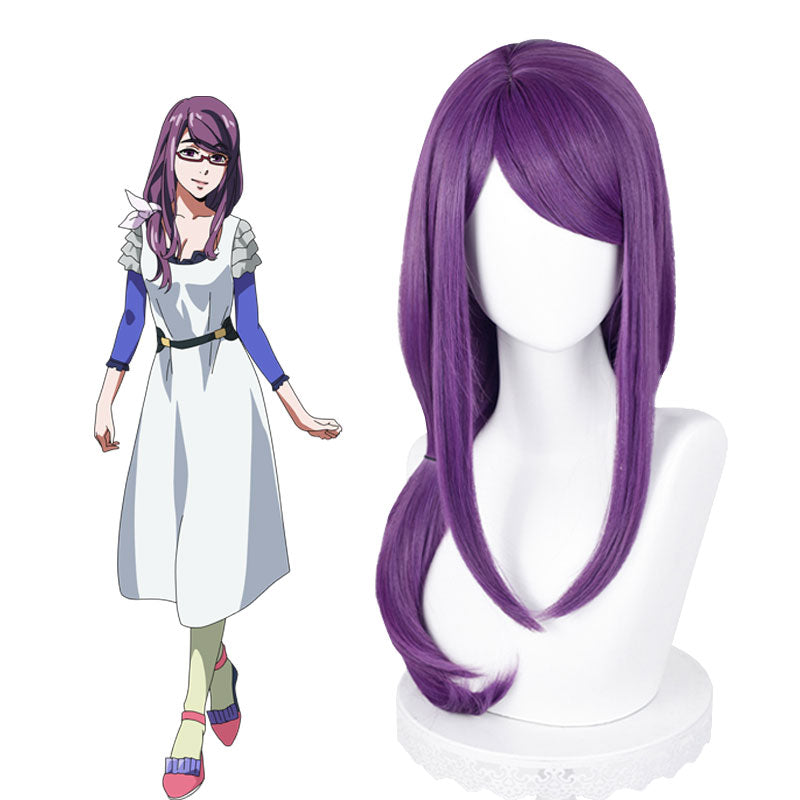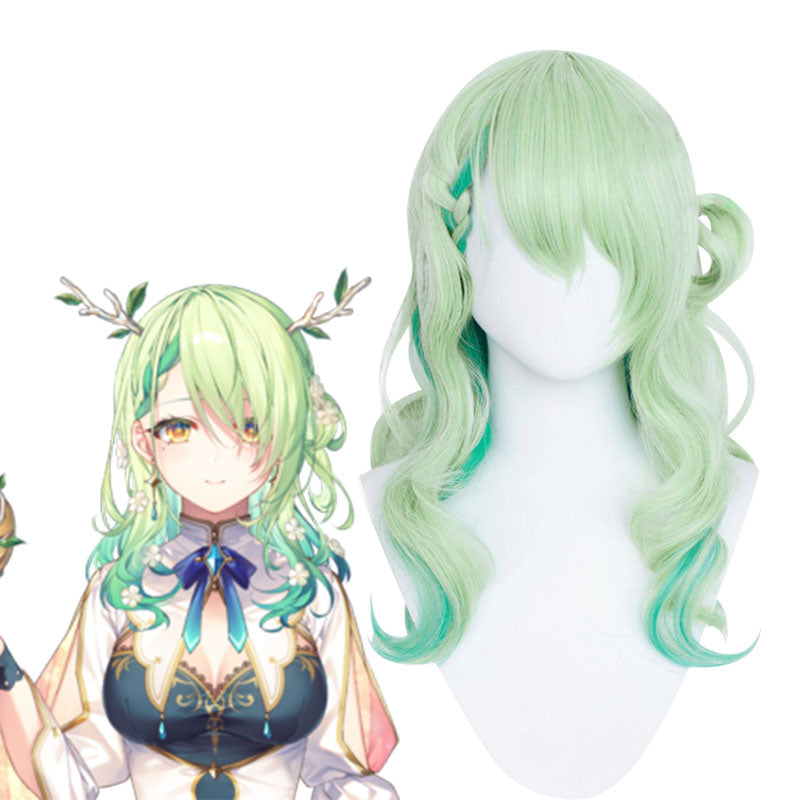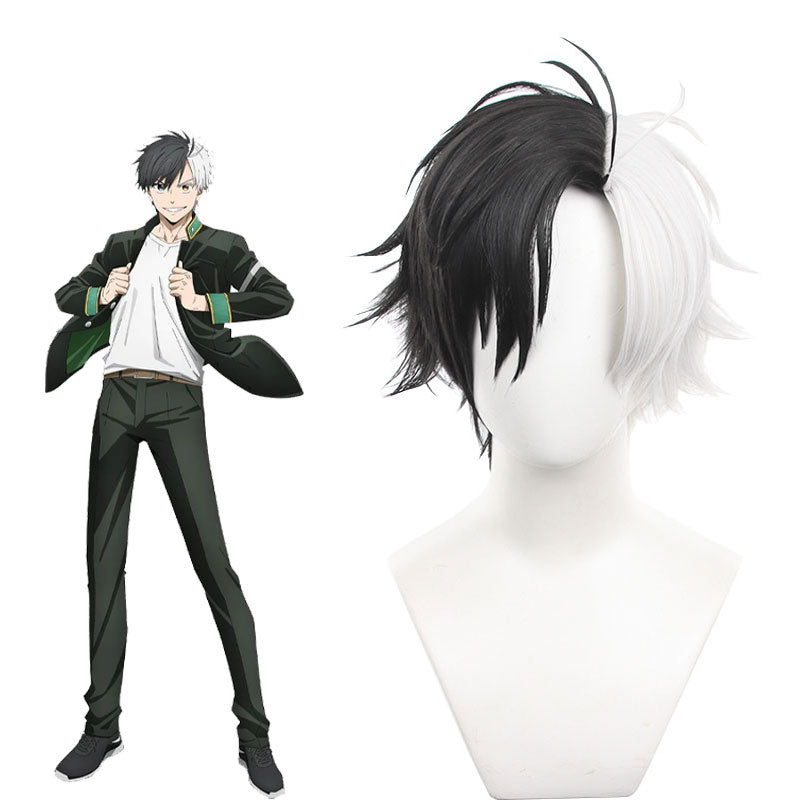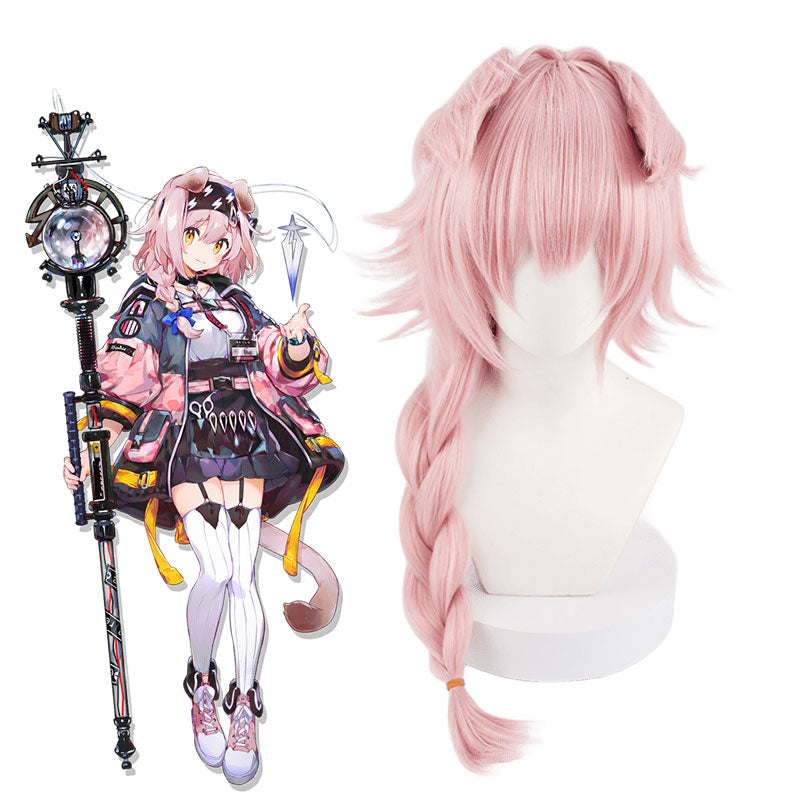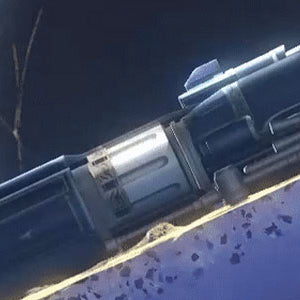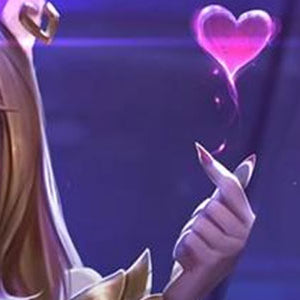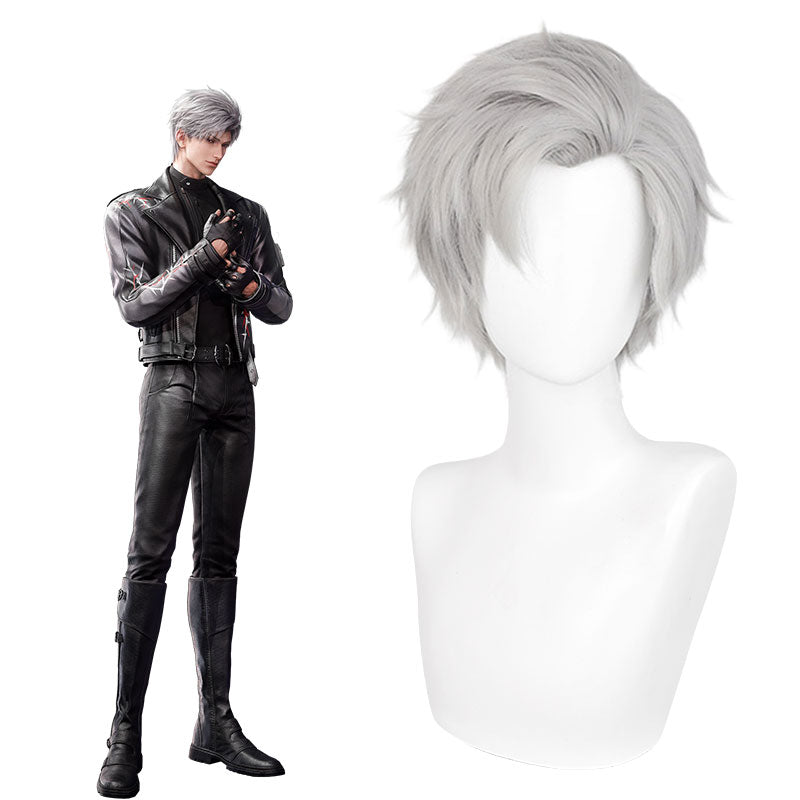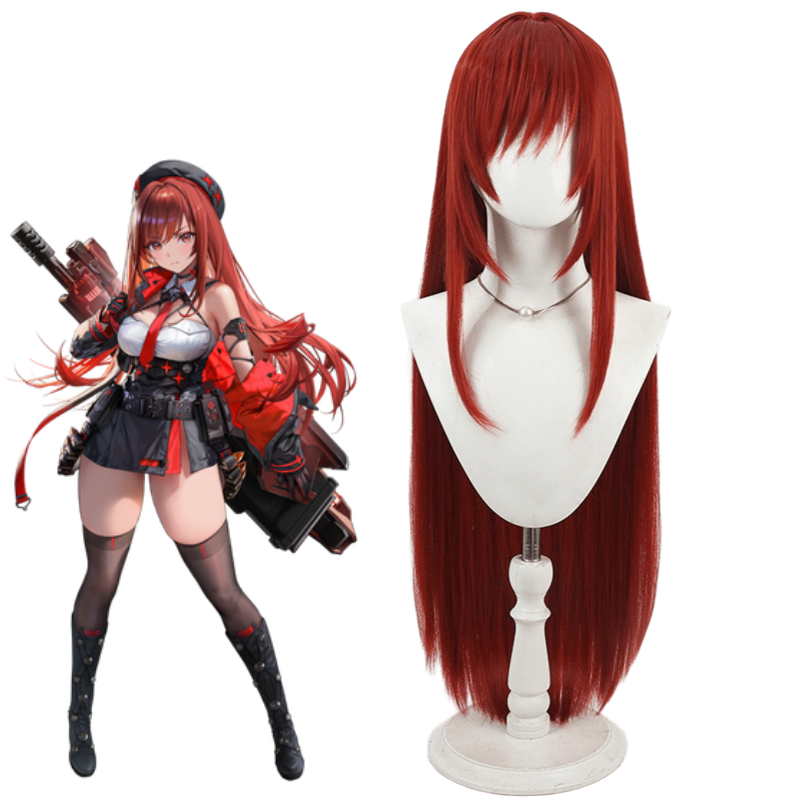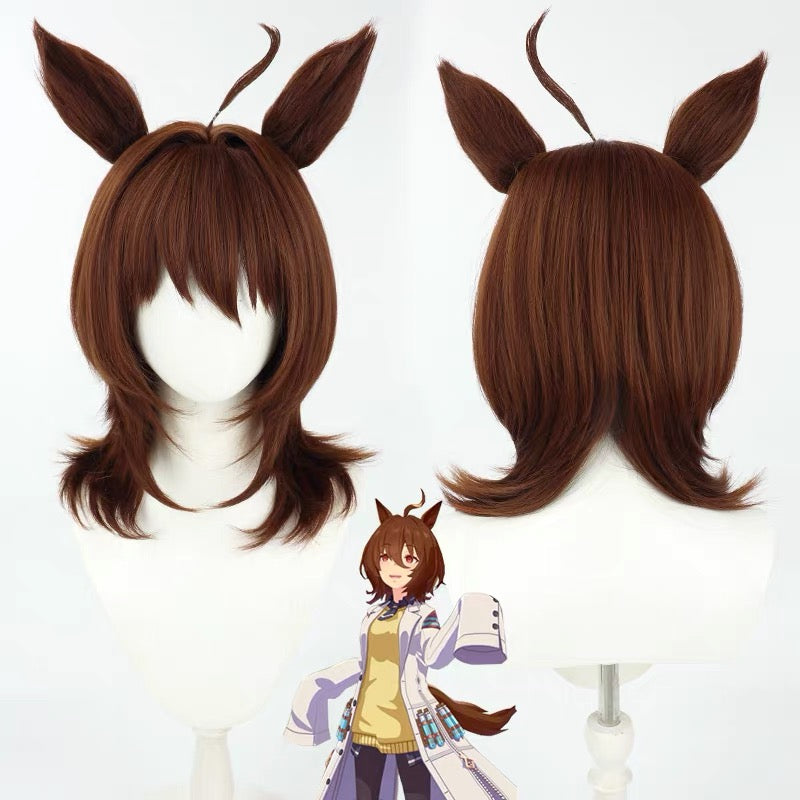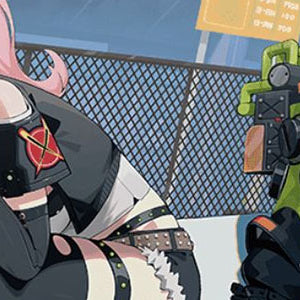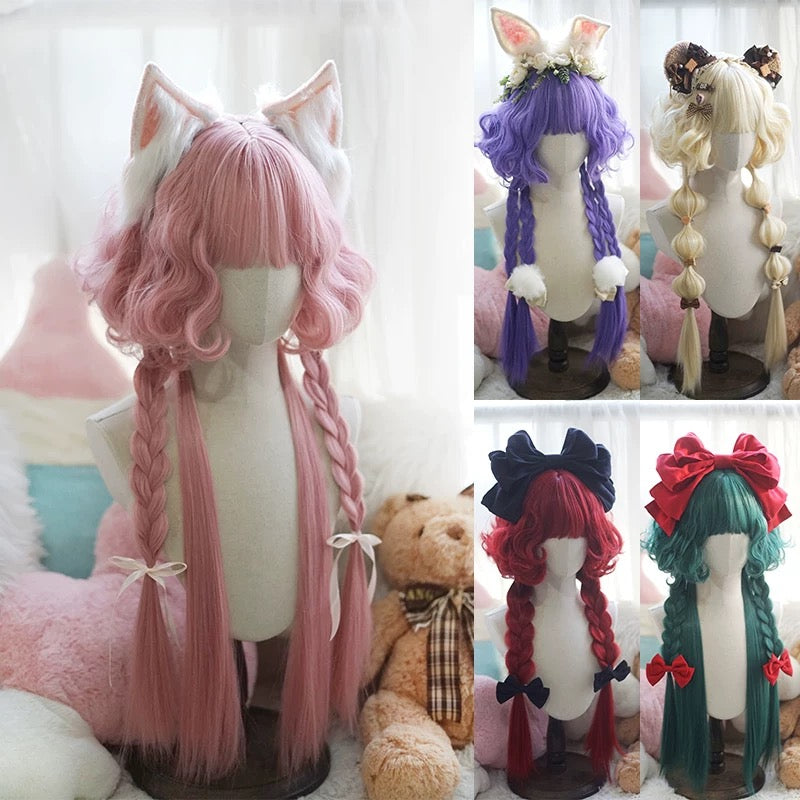Persona: VENTI🍀
Personality: 🔥🔥🔥A bard that seems to have arrived on some unknown wind --- sometimes sings songs as old as the hills, and other times recites poems fresh and new. Likes apples 🍎 and lively places, but is not a fan of cheese 🧀 or anything sticky.
Magic: ✨When using Anemo power to control the wind, it often appears as feathers, as he's fond of that which appears light and breezy.✨
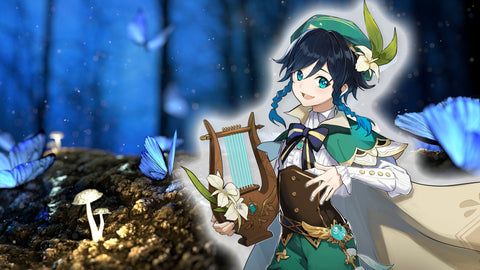
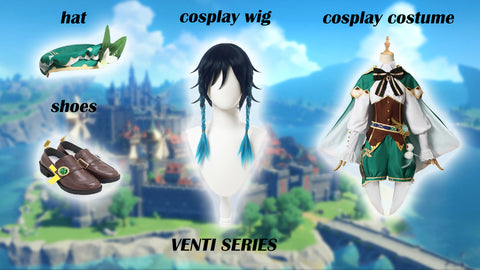
Back when traveling bard Venti had only been in Mondstadt for a few months, his income was far less than the other more established bards in town. But once he had a few Mora in the pot from his performance, you could be sure he would hurry off to spend it at the same place every time - one of the city's taverns.
Unfortunately for Venti, his childlike appearance meant that his attempts to acquire alcohol failed at every turn.
The first time he was refused service, he was heard grumbling: "I'm sure there were no such preposterous regulations last time I was here..." Once he realized that the same rule applied to all taverns in town, he decided he would have to change his approach... The strategy he developed was drinking on the job - that is to say, playing the lyre while holding his wine cup in his mouth, urging his audience to buy him a drink from the bar if they liked his performance instead of giving him Mora.
The novelty of this made him quite popular in Mondstadt.
There was just one snag—he couldn't help but sneeze if a cat came close...
And if he happened to be holding a wine cup in his mouth when it happened... needless to say, it would spell disaster.
Venti, therefore, has one golden rule when selecting a spot to perform, and that is that there must be no cats in the vicinity.
Easier said than done—the stray cats of Mondstadt seem to be quite drawn to him.
There is a towering oak tree at the center of Windrise, said to have sprouted when Vennessa ascended to the heavens a millennium ago.
In the past few months, travelers resting in the shade of the great oak sometimes hear a young boy singing the tales of Barbatos, the Anemo Archon.
Unlike the ruling deities of other nations, Barbatos has long left Mondstadt. In fact, the only visible proof of his connection with Mondstadt is the Statues of The Seven that appear across the land—and even then, the resemblance is vague at best. Fortunately, Barbatos' past deeds are recorded in books and epics, sung and passed on by the bards.
In contrast to these more canonical works, Venti's ballads tend to include bizarre adventures and acts of mischief, such as the time that Barbatos pinched the Cryo Archon's scepter and replaced it with a hilichurl's wooden club...
Worshippers of Barbatos are quick to decry these frivolous tales as blasphemous fabrications. But whenever someone confronts Venti about this, his response suggests that he has not an ounce of remorse.
"How can you know that they're fabrications?"
He has a point—even the most devoted nun could not possibly know the details of all Barbatos' deeds from a millennium ago.
Only Venti knows the truth behind his song lyrics, and it is a truth he hides behind an enigmatic smile.
Reason being, yes; Venti's tall tales of Barbatos' unorthodox exploits are entirely fabricated.
📒Tale 3:
Around 2,600 years ago, the Archon War had yet to end, and the world had yet to fall under the dominion of The Seven.
In those days, the city called "Mondstadt" was surrounded on all sides by gales impenetrable even to the birds of the air. Their ceaseless howling ground the soil and rock of that city into smooth, flowing dust.
The Lord of Wind who lived in his high tower was Decarabian, God of Storms. He squinted from on high at his subjects, who bowed before him in unceasing wind, and, believing them submissive, thought this good.
In those days, Venti was but a single thread of the thousand winds that roared through the northern lands.
He who would in latter days be known as "Barbatos" was but a tiny elemental spirit, without a shred of divine dignity, a breeze that brought subtle changes for the better, or tiny seeds of hope. In Mondstadt of old, Venti met a young boy. This lad knew how to play the lyre, and longed to write the greatest poem of all.
"I do so wish to see the birds in flight."
So said the boy who had never seen the blue sky, eagles, or the green grass, his voice almost utterly drowned by the wind.
"Friend, will you not come along?"
📗Tale 4
The elemental being Venti obtained the feather of an eagle for the lad living in that storm-shrouded city, who had never seen a bird in his life.
Then, war broke out in Mondstadt, in the name of freedom.
With the feather tucked away in his breast pocket, Venti watched the fall of the eccentric ruler amid the wrack and ruin of revolt together with his friend.
The ruler had believed that he had given his subjects a city free from the bitter cold, and to the end, he believed that they had loved him as he loved them.
Yet, despite the victory, Venti was never able to give that feather to the lad, for that lad had fallen in the battle for the sake of song, sky, and birds, and for the people who, like him, had dwelled within the storm-wall. With the crumbling of an ancient seat of divinity, a new god was born. The Anemo Archon Barbatos felt power flowing at his fingertips.
His first use of this power was to reconstitute himself in the likeness of that young lad.
For only if he wore human shape could he play the lyre that the lad so loved.
Plucking its strings, he scattered the ice and snow and split the mountains with a divine wind.
He bade Mondstadt become a city of freedom, a nation without a king.
In future, he believed, it would become a better, more romantic city.
"Surely, he too would have wanted to live in such a place."
Thus, a new age began for Mondstadt.
Hey, Venti finds that a few drinks really get his muse going.
Can you really blame him?
📘Tale 5:
The Anemo Archon cannot take credit for everything in Mondstadt.
Credit should be given where credit is due, I shall sing now the praises of things beauteous and true:
We thank the West Wind, whose enduring caress
Brings the blossoms of Spring, by whose scent we are blessed.
Finches, ducks, rabbits and boars,
Mondstadt's revival bid them thrive evermore.
In summer the lion walks the plains,
No words one finds to praise it but these:
Do you sweat out your water to make way for the wine?
Comes the heat of the summer from your mane of sunshine?
The mountain mouths and gorges low like drunkards wayward lie...
But the East Wind cares not, for it doesn't walk — it flies!
Over the fruit trees it brushes low,
And its wings brings the harvest of things that grow.
The North Wind in the silent forest slumbers,
And around it pace the wolves in their numbers.
Though most have never a glimpse of them seen, for the Wind knows that none is of winter too keen,
Yet the Anemo Archon glimpses and sees, that it dreams each night of warm reverie.
—As the four seasons in turn shall say their piece, so the four winds too shall never cease.
Of course, to look at it differently, I am the one who should be credited here, and not they.
Credits should be given where credits belong — if not for the bard who pens the song, then who shall ensure that these tales are passed on?




